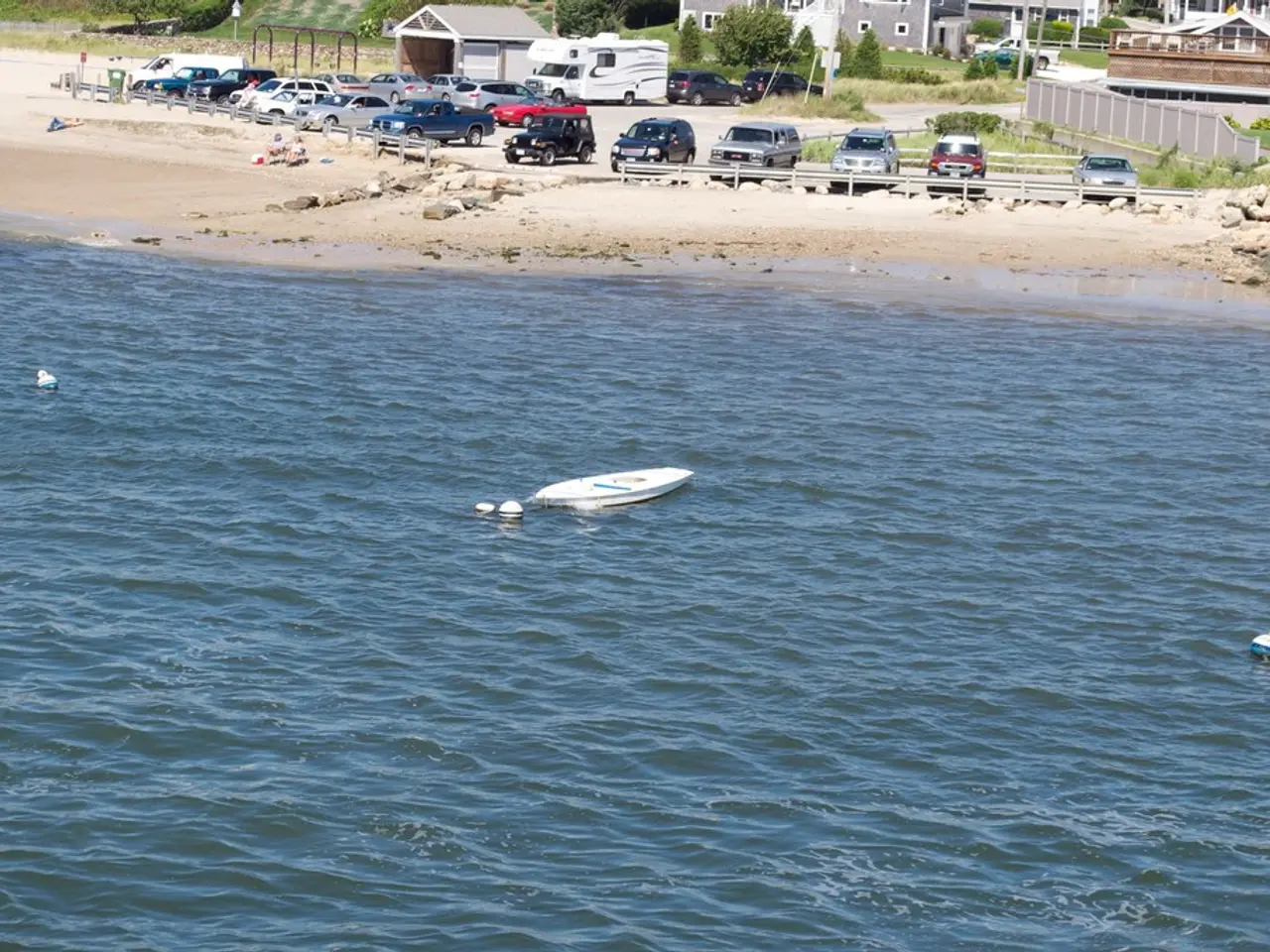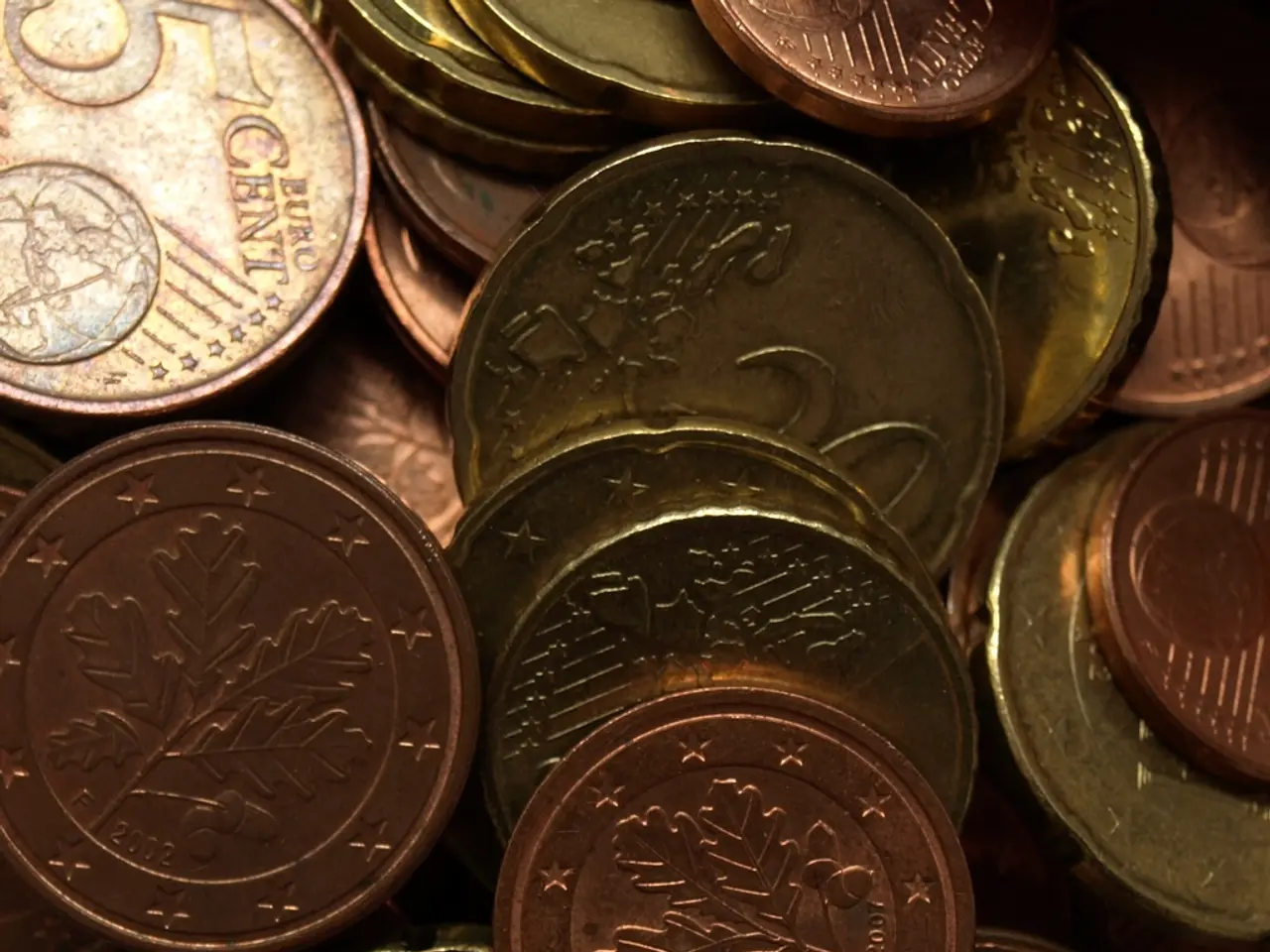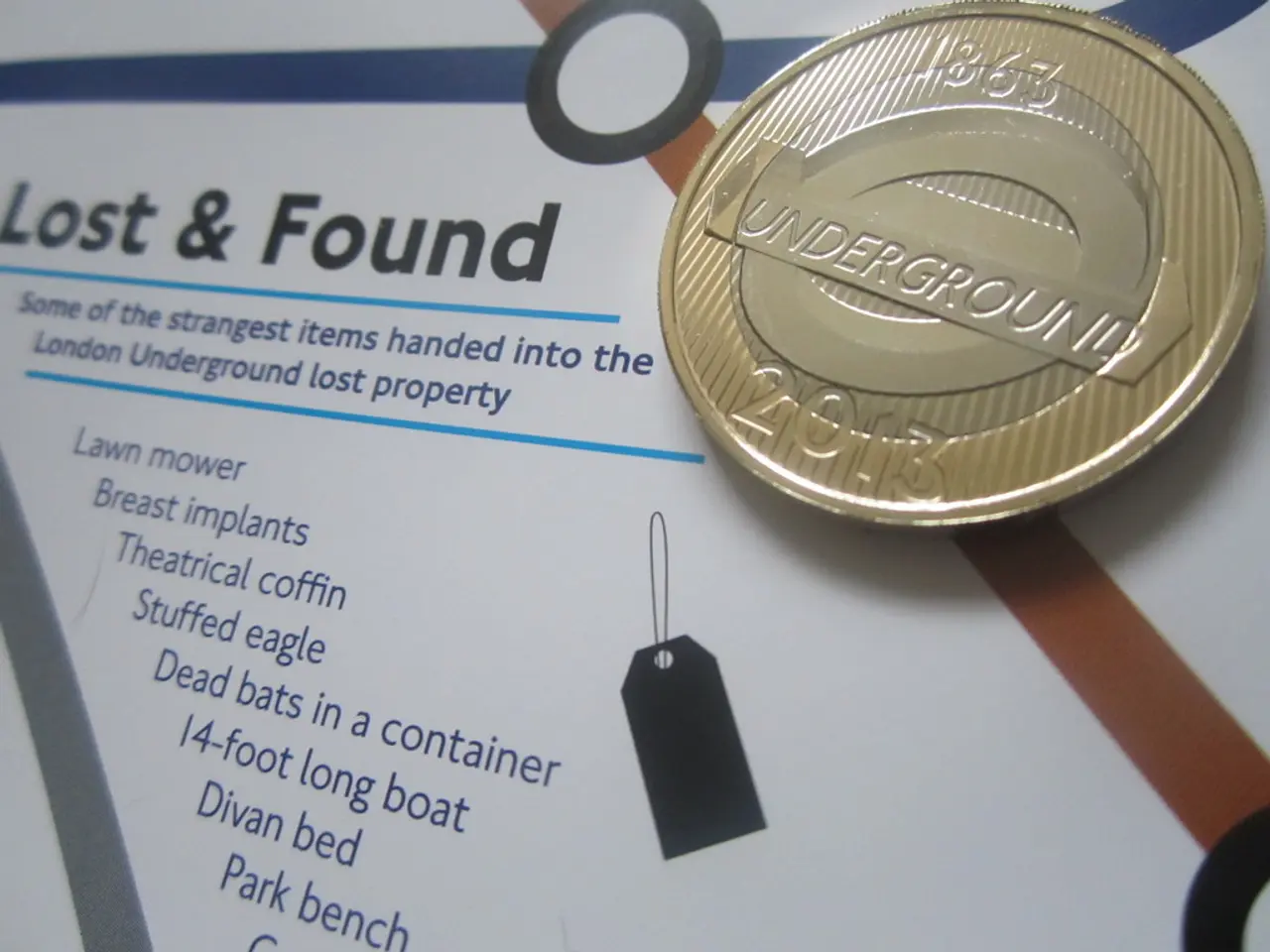Initiated in Bremerhaven: Unique Green Hydrogen Platform Unveiled
In the coastal town of Bremerhaven, scientists are making strides in the realm of renewable energy with the H2 Mare project. This groundbreaking initiative aims to revolutionise offshore hydrogen production, harnessing the North Sea's abundant wind energy resources to create sustainable energy solutions.
The primary objective of H2 Mare is to develop and demonstrate floating offshore platforms that convert wind energy into green hydrogen and other e-fuels. By generating electricity to power electrolysis, these platforms will produce hydrogen without CO2 emissions, often referred to as "green hydrogen." The project also seeks to synthesize additional e-fuels such as synthetic methane or methanol, suitable for aviation, shipping, and industry.
By producing hydrogen offshore, the project hopes to address the challenges associated with transporting electricity over long distances. Instead, energy-dense hydrogen or e-fuels can be exported, making them easier to store and transport.
Although specific progress updates for H2 Mare are not widely available, the project is part of a broader European movement towards integrating renewable energy infrastructure with maritime activities. The project aligns with European policies and initiatives that encourage innovation in renewable energy and the decarbonization of hard-to-abate sectors.
The test platform, currently located in Bremerhaven's harbour, is a significant step towards achieving these goals. Measuring 60 by 15 meters, the platform will initially be tested in the harbour before being moved to the North Sea near the island of Helgoland at the end of August. The platform does not require expensive power cables to be laid to the mainland for energy supply, as energy is generated on-site using wind turbines.
The platform's daily production of one barrel (129 liters) of hydrogen serves as a starting point for further production increases. The project, with a cost of 30 million euros, is funded by the Federal Ministry of Research.
The scientists involved in the project, including those from the Fraunhofer Institute and other institutions, aim to use the test results to further improve the offshore hydrogen production platform. The platform's demonstration in the North Sea will provide data for improving the efficiency and sustainability of offshore hydrogen production.
The H2 Mare project in Bremerhaven is emblematic of efforts to combine renewable energy production with innovative maritime infrastructure, reflecting a growing consensus on the importance of collaboration and co-use in Europe’s marine environment. The project's success could pave the way for significant reductions in the costs of producing green hydrogen, contributing to a more sustainable future for energy production.
- The H2 Mare project, supported by Radio Bremen and the Fraunhofer Institute, is focused on developing offshore platforms that produce green hydrogen and e-fuels using wind energy.
- This groundbreaking initiative, part of a broader European movement, aims to revolutionize offshore hydrogen production, addressing the challenges of transporting electricity over long distances by producing energy-dense hydrogen or e-fuels.
- The project aligns with European policies that encourage innovation in renewable energy and the decarbonization of hard-to-abate sectors like aviation, shipping, and industry, contributing to a more sustainable future for energy production.
- The success of the H2 Mare project could lead to significant reductions in the costs of producing green hydrogen, fostering advancements in environmental-science and technology, and driving financial opportunities in the renewable energy and energy sectors.




